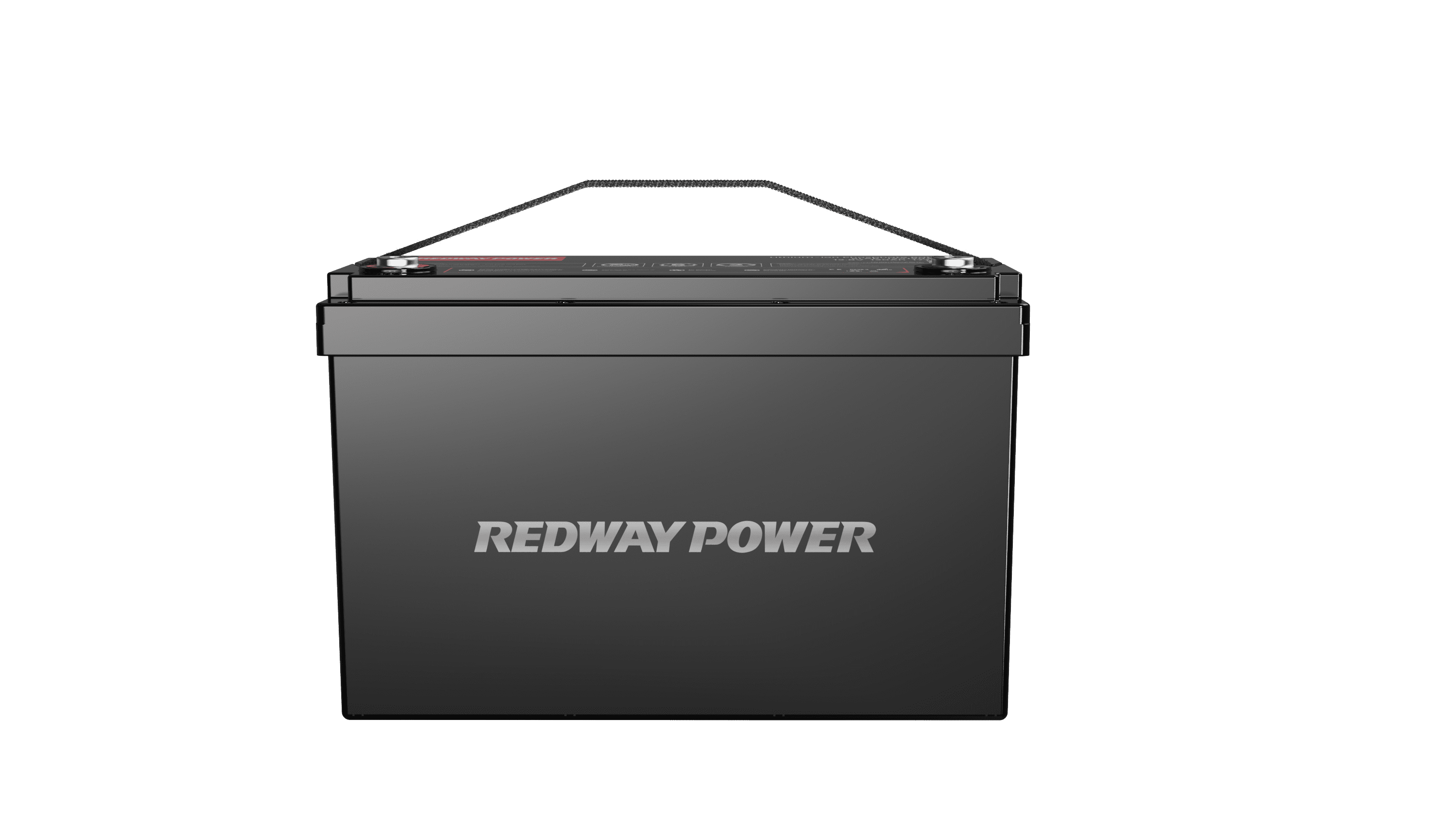12V lithium-ion (Li-ion) batteries are increasingly becoming a preferred choice for energy storage solutions due to their efficiency, lightweight design, and long lifespan. These batteries are powering a wide range of applications, from electric vehicles to renewable energy systems, and are set to play a crucial role in the future of energy storage.
What are 12V Li-Ion Batteries and Their Key Features?
12V Li-ion batteries are rechargeable batteries designed to deliver a nominal voltage of 12 volts, typically composed of four lithium-ion cells connected in series (each cell providing approximately 3.2 volts). They are known for their high energy density, compact size, and ability to provide reliable power.Key Features:
- High Energy Density: Typically ranges from 150 to 250 Wh/kg.
- Long Cycle Life: Can last for over 2000 cycles with proper management.
- Lightweight: Significantly lighter than traditional lead-acid batteries.
Chart: Key Features of 12V Li-Ion Batteries
| Feature | Description |
|---|---|
| Voltage | Nominally 12 volts |
| Energy Density | 150-250 Wh/kg |
| Cycle Life | Over 2000 cycles |
| Weight | Approximately 30-50% lighter than lead-acid |
How Do 12V Li-Ion Batteries Function?
12V Li-ion batteries operate through electrochemical reactions involving lithium ions moving between the anode (typically graphite) and cathode (often lithium cobalt oxide or lithium iron phosphate) during charging and discharging cycles.Charging Process:
- During charging, lithium ions move from the cathode to the anode through the electrolyte.
Discharging Process:
- When discharging, the process reverses, allowing lithium ions to flow back to the cathode, generating electrical power.
What Advantages Do 12V Li-Ion Batteries Provide Over Other Battery Types?
The advantages of using 12V Li-ion batteries include:
- Efficiency: Higher round-trip efficiency compared to lead-acid batteries.
- Reduced Maintenance: Unlike lead-acid batteries, they do not require regular maintenance or topping off with water.
- Performance in Extreme Conditions: Better performance in cold temperatures compared to lead-acid counterparts.
Chart: Advantages of 12V Li-Ion Batteries
| Advantage | Description |
|---|---|
| Efficiency | Up to 95% round-trip efficiency |
| Maintenance | Minimal maintenance required |
| Temperature Resilience | Performs better in extreme temperatures |
Why Are 12V Li-Ion Batteries Gaining Popularity Across Different Applications?
The growing popularity of 12V Li-ion batteries can be attributed to several factors:
- Electric Vehicles: As EV adoption increases, so does the demand for efficient battery systems.
- Renewable Energy Systems: They are ideal for solar energy storage due to their efficiency and compact size.
- Consumer Electronics: Increased use in portable devices where weight and size are critical.
What Are the Main Differences Between 12V Li-Ion and Lead-Acid Batteries?
The primary differences between these two battery types include:
- Weight: Li-ion batteries are significantly lighter than lead-acid batteries.
- Lifespan: Li-ion batteries typically last much longer than lead-acid batteries.
- Self-Discharge Rate: Lead-acid batteries have a higher self-discharge rate compared to lithium-ion.
Chart: Comparison of Battery Types
| Feature | Lead-Acid Battery | 12V Li-Ion Battery |
|---|---|---|
| Weight | Heavier | Lighter |
| Lifespan | About 500 cycles | Over 2000 cycles |
| Self-Discharge Rate | Higher | Lower |
How Are Suppliers and Manufacturers Advancing the 12V Battery Market?
Suppliers and manufacturers are advancing the market by:
- Innovating Battery Chemistry: Developing new materials that enhance performance and safety.
- Improving Manufacturing Processes: Streamlining production methods to reduce costs and improve quality.
- Expanding Applications: Exploring new markets such as electric bikes, RVs, and marine applications.
Industrial News
Recent developments in the field of battery technology have seen significant advancements in the production of 12V lithium-ion batteries. Major manufacturers like LG Chem and Panasonic are investing heavily in R&D to enhance battery performance while reducing costs. Additionally, there is a growing trend towards integrating these batteries into renewable energy systems, further driving demand in both residential and commercial sectors.
Redway Expert Insights
“The rise of 12V lithium-ion batteries signifies a major shift towards more efficient energy storage solutions,” states Dr. Emily Redway, an expert in battery technologies. “Their versatility across various applications makes them an essential component in our transition towards sustainable energy systems.”
FAQ Section
Q1: What is a 12V lithium-ion battery?
A1: A rechargeable battery designed to deliver a nominal voltage of 12 volts, typically using four lithium-ion cells connected in series.Q2: How do these batteries function?
A2: They operate through electrochemical reactions that involve lithium ions moving between the anode and cathode during charging and discharging.Q3: What advantages do they offer over lead-acid batteries?
A3: Advantages include higher efficiency, longer lifespan, lower weight, and reduced maintenance needs.Q4: Why are they becoming popular?
A4: Their popularity is driven by increased use in electric vehicles, renewable energy systems, and portable electronics.Q5: How do they compare with lead-acid batteries?
A5: Compared to lead-acid batteries, they are lighter, last longer, have lower self-discharge rates, and require less maintenance.



